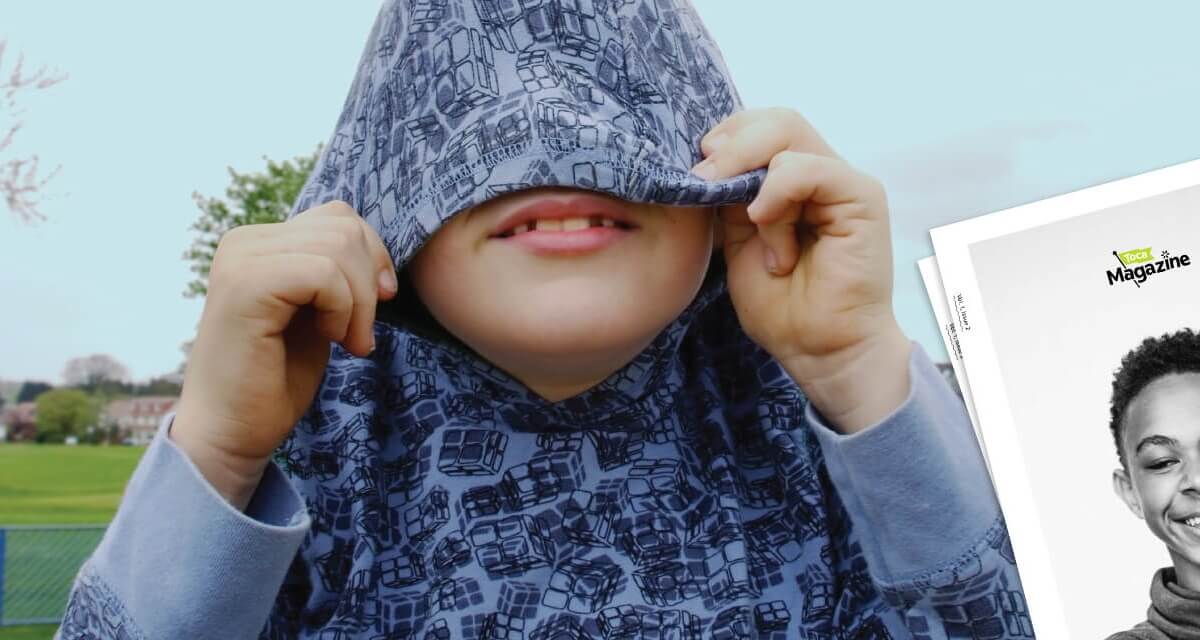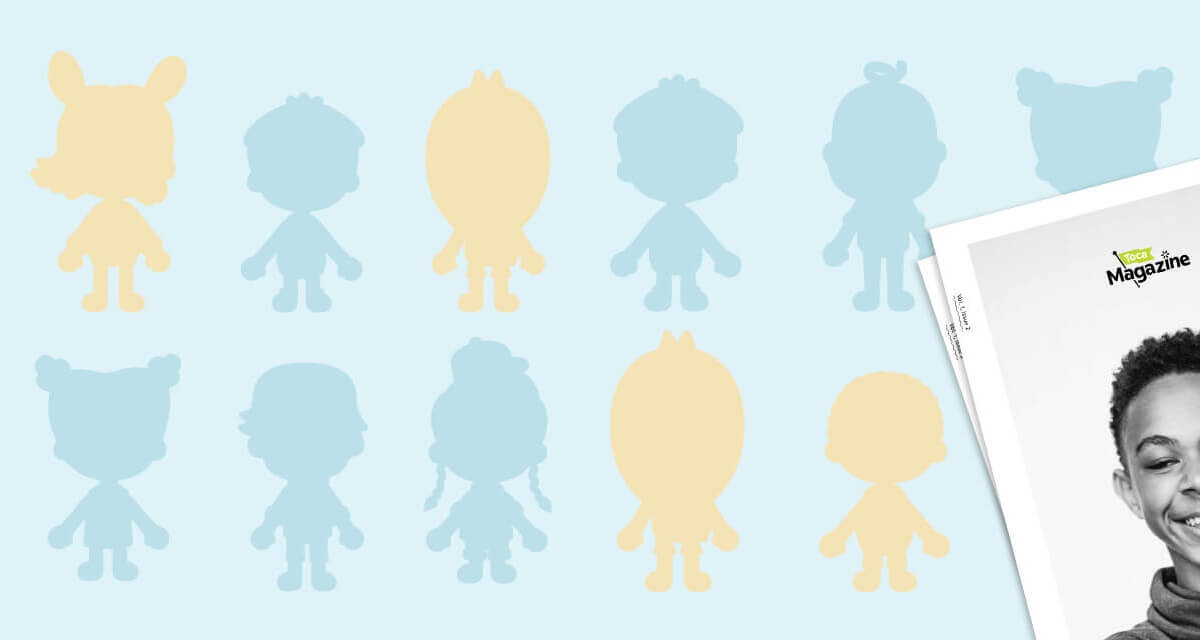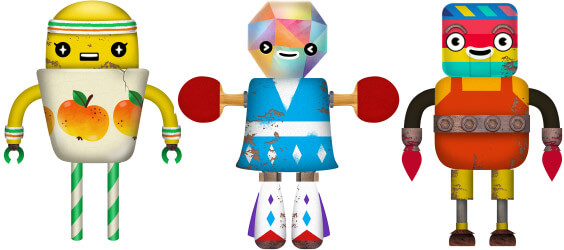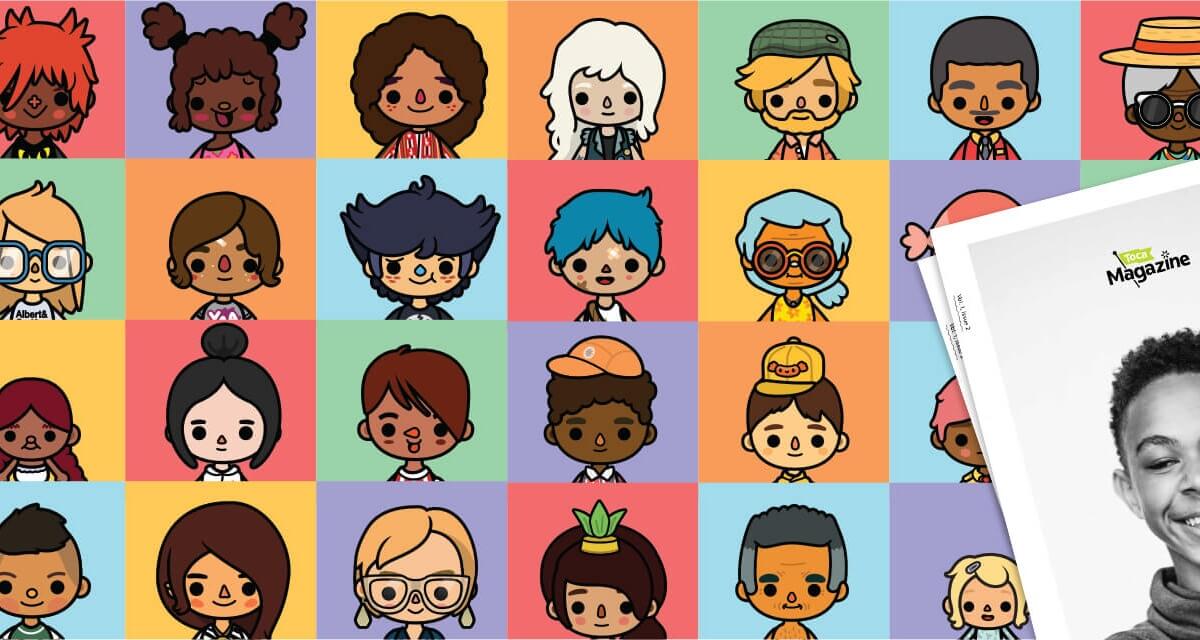- By
- Parker Barry
- Offer variety in toys. Expose your child to a wide range of toys — not just those that reinforce traditional gender roles — and give them the opportunity to play with all of them.
- Listen to your child. Affirm your child’s interests and capabilities irrespective of their conformity to gender expectations. If your child likes to draw, dance, play with dolls or tractors, support and encourage them. Show them that they are loved for who they are.
- Don’t be a bystander. Talk to your child about gender stereotypes. Challenge generalization like “all girls…” and “all boys…” and help them focus on a person’s qualities and abilities, not their gender identity or presentation.
- Downplay gender and be creative. Rebecca Bigler, a professor of developmental psychology at the University of Texas, Austin, has shown that gender labeling — without explicit stereotyping — in itself produces gender stereotyping. In a revelatory study she found that only after four weeks of children being in a classroom where gender was used as an explicit category to organize space and activities, but where all kids were treated equally, both boy and girls showed increased levels of gender stereotyping. They also perceived less variability between genders, which basically means they were more likely to make generalizing statements such as “all boys like sports” and “all girls like pink stuff.” Therefore, when possible, avoid organizing parties and other activities based solely on gender. There are many ways to create groups and teach kids to relate to each other.
- Counter stereotypes. Provide alternatives to gender stereotypes through environmental cues, social interactions and diverse cultural consumption. Expose your kids to books, movies and role models that explicitly challenge gender roles and present gender nonconformity in a positive light. Help kids see, in their daily lives, that there is not only one correct way of being a man or a woman; and that diversity, individuality and uniqueness should be respected, affirmed and valued in all human beings.





